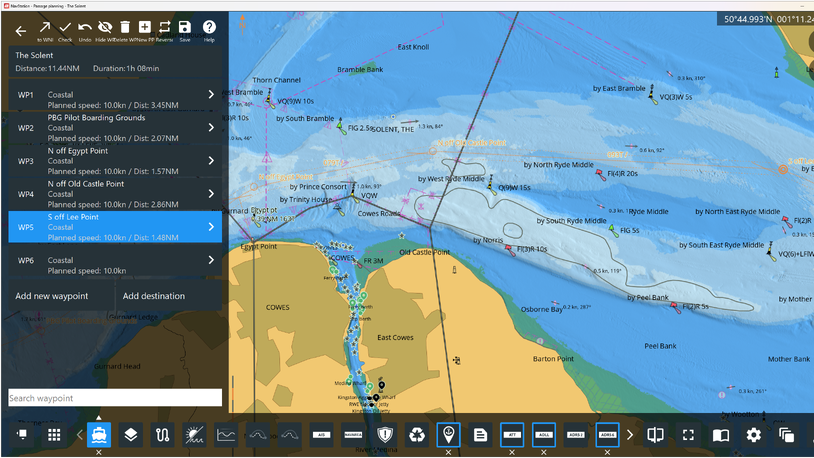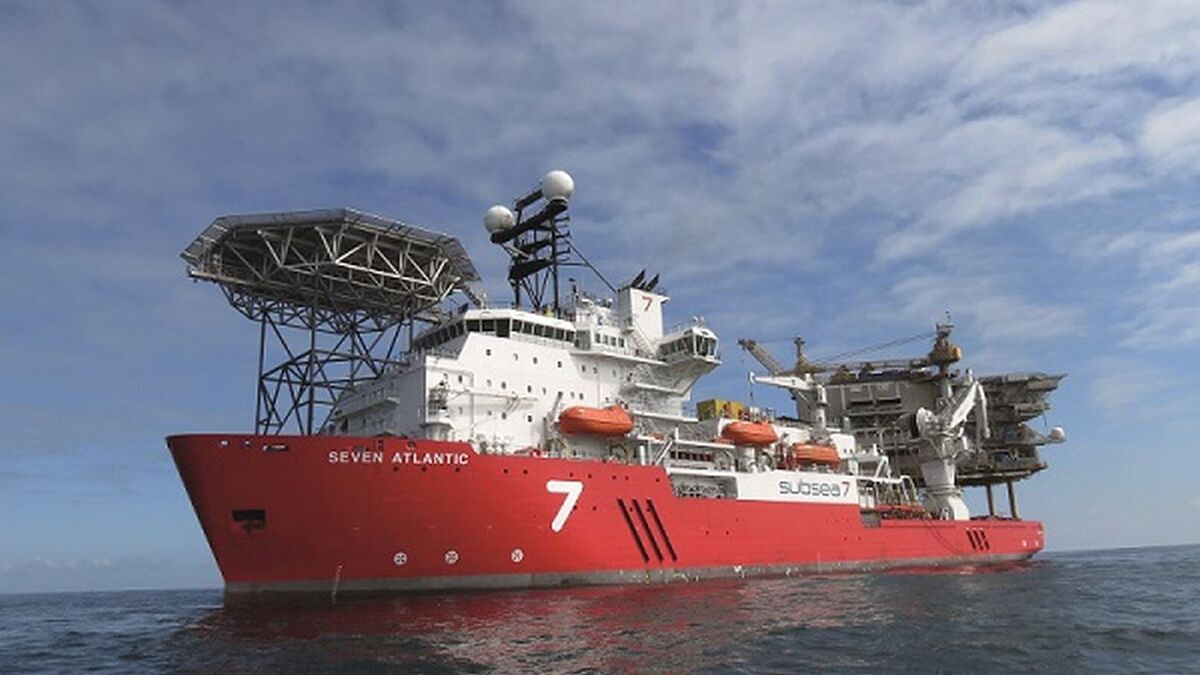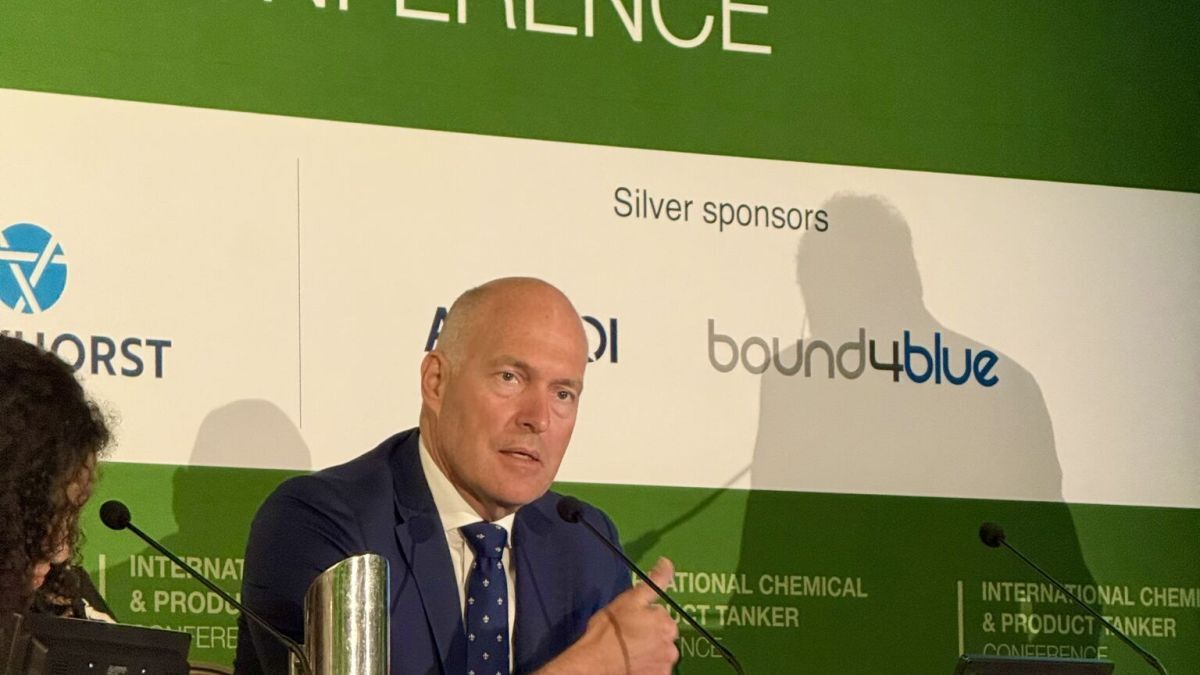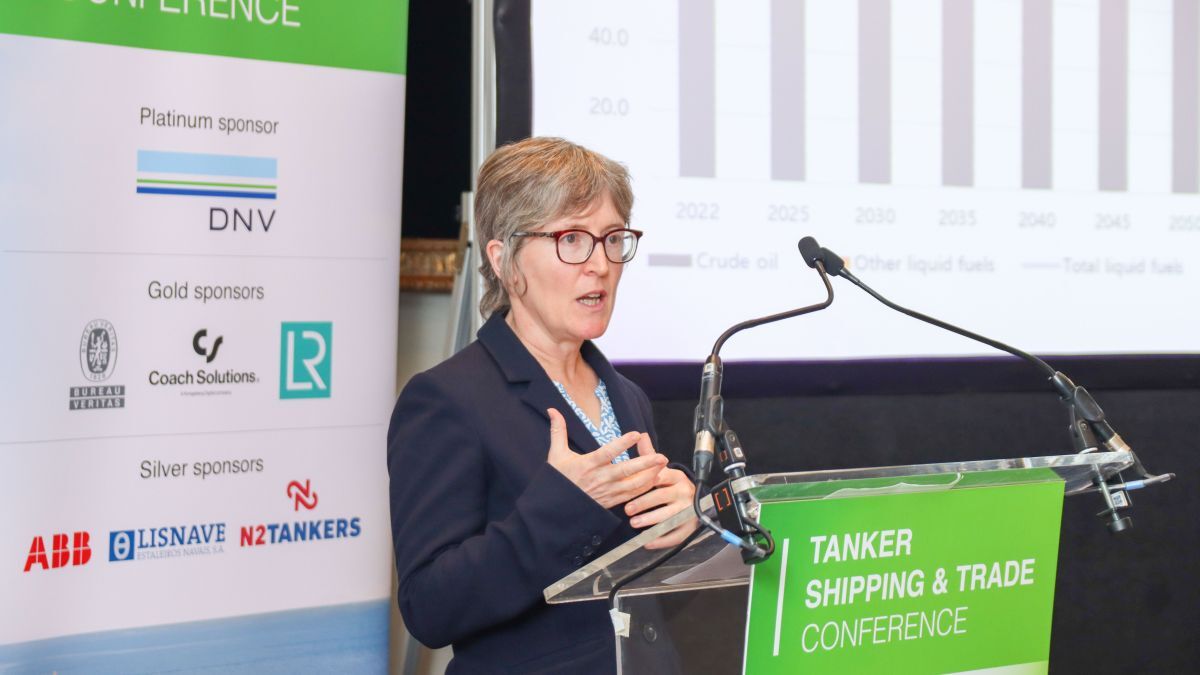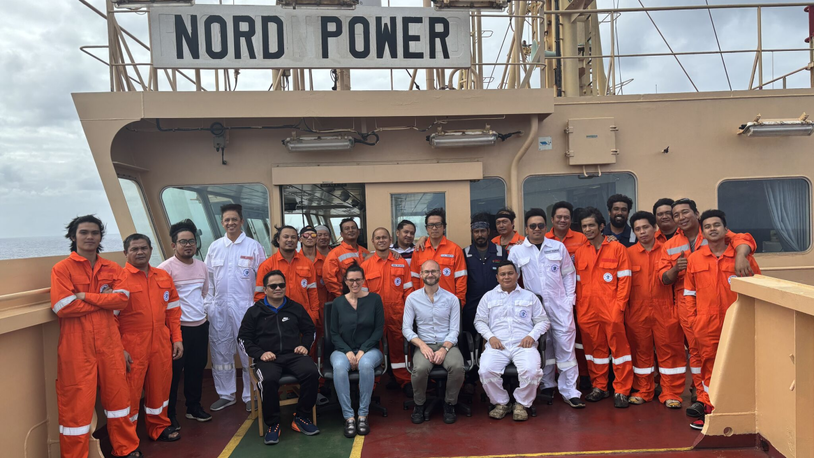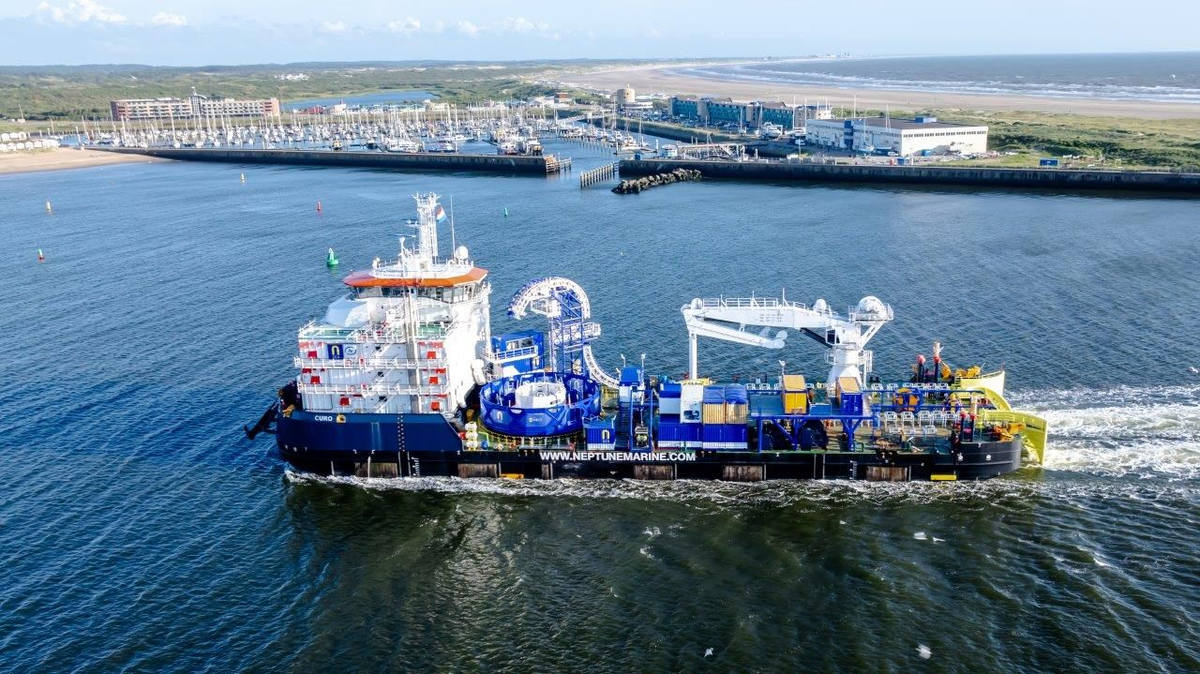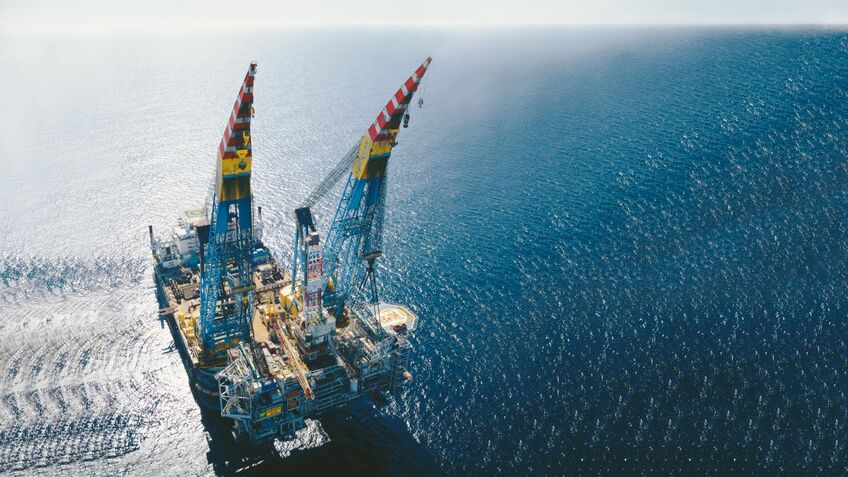Business Sectors
Events
Contents
Register to read more articles.
Subsea 7 overhauls DSV engines and generator
Subsea 7 has completed an overhaul and upgrade of its diving support vessel (DSV) Seven Atlantic before it starts a long North Sea campaign
The Oslo, Norway-listed offshore subsea engineering and installation group contracted propulsion specialist Royston to overhaul diesel engines on board the 2009-built DSV in the Netherlands. Engineers serviced two Wärtsilä W7L32P engines on 140-m Seven Atlantic as part of a planned refurbishment and maintenance programme of the critical power plant.
This project was completed during a tight eight-day window in Rotterdam, after Seven Atlantic was mobilised from Peterhead in Scotland. After the overhaul, the DSV returned to Aberdeen, Scotland. According to automatic identification system (AIS) information, UK-flagged Seven Atlantic is working on the Penguins oilfield development and was operating out of Lerwick, Shetland in April.
On the overhaul project, Royston’s engineers worked in 12-hour shifts overhauling and replacing cylinder heads, while camshaft bearings were inspected and replaced. Royston dissembled, checked and refitted pistons and connecting rods using new rings. Big-end bearings and main bearings inspections were included as part of an extensive package of engineering support provided by Royston.
This also saw intermediate gear inspected and serviced along with fuel systems, exhaust manifolds and charge air coolers. Engineers also completed checks on the turbocharger on a Wärtsilä W7L32 diesel generator while the vessel lay alongside in the dockyard in Rotterdam.
Following completion of the work, incremental load testing, in line with the manufacturer’s guidelines, was completed to ensure the generators were operating at maximum capacity.
“Royston completed a quality job for us in difficult conditions and within a tight timeframe,” said Subsea 7 superintendent Gary Bartlett. “Their work delivered engineering services that provided tangible operational time and cost savings.”
Seven Atlantic is one of the largest and most capable vessels of its type in the world, operating a 24-person saturation diving system. Its power plant package comprises six Wärtsilä 7L engines, each driving a 3,360 kVA Van Kaick generator, generating 6,600 V (mains voltage). The propulsion installation runs on marine gasoil to provide power for propulsion, dive systems and crane activities.
Propulsion systems in maritime and offshore sectors will be discussed in depth during Riviera Maritime Media’s series of virtual webinars, forums, conferences and technology days in 2021 - use this link for more details and to register on the events page
Related to this Story
Events
Maritime Environmental Protection Webinar Week
Cyber & Vessel Security Webinar Week
The illusion of safety: what we're getting wrong about crews, tech, and fatigue
Responsible Ship Recycling Forum 2025
© 2024 Riviera Maritime Media Ltd.

